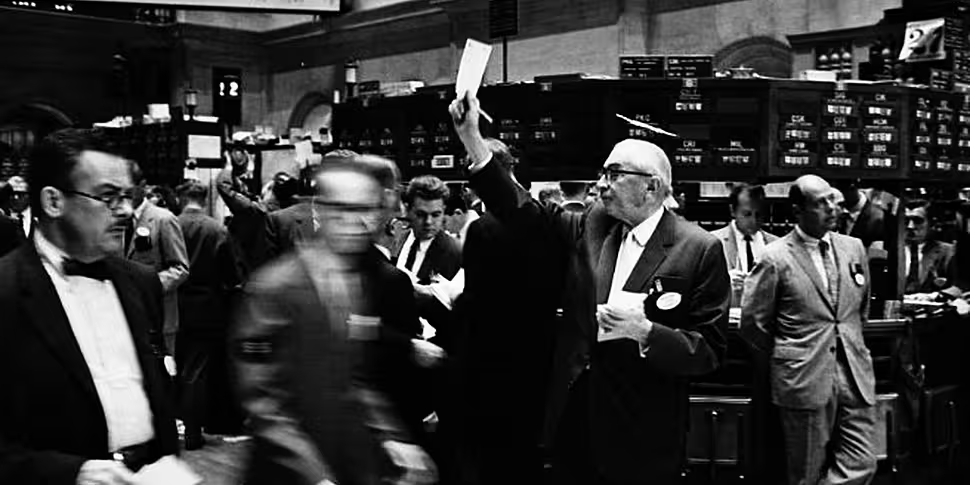“It’s the economy, stupid”. This motivational blurb by Bill Clinton’s 1992 campaign manager, James Carville, has become a mantra in modern politics. In an increasingly globalised world economics have become massively important as nations look to fuel growth and increase standards of living.
The growth of this social science has, however, seen economics begin to reach beyond its traditional remit. Now human behaviour and interactions have joined the markets, and goods and capital as fields of interest for economists. The rise of this new field of behavioural economics has brought massive ramifications.
Where traditional economics was largely limited to studying the effects of labour, capital, and spending these new schools of thought analyse every aspect of human life. One of the results of this is the commodification of everything from love to our sleep patterns.
In his new book, A Richer Life, Dr Philip Roscoe looks at the rise of economics during the 20th and 21st centuries and its effect on the world. While it has undoubtedly benefited people around the world what has been the cost of economics’ rise to power?
Philip argues that “there’s a strong discourse in contemporary economics where...all people are productive machines”. This has serious consequences for a lot of human behaviour that can’t be quantified in terms of cost and benefit. This is especially true for things like love and care.
Philip argues that these aren’t limited resources but self-perpetuating behaviours that grow with practice. By talking of these and other elements of social interaction in economical terms we change our attitudes towards them. As Philip puts it himself - “things that mattered to me...are slowly being corroded and eaten away by this fixation of measurement and price”.
Susan talked with Philip about his A Richer Life and the issues with the growing influence of economics and the “almost theological status” of the market. What are the issues with studying human interactions by economic metrics? What happens when we try to measure things like love by cost and benefit? And why is prostitution such a good example of how economics can get it so wrong?
This week’s music to read to
"Only Child" by Jonathan Kirkscey opens the show with "My Skin", by Nathalie Merchant, bringing it to a close.









